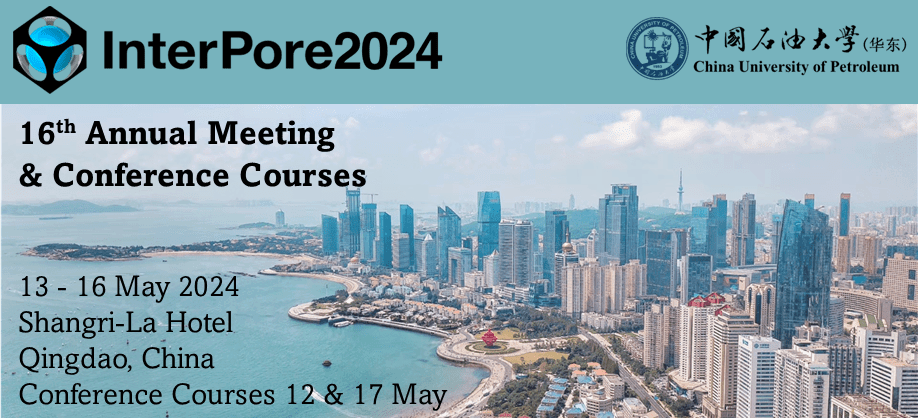Speaker
Description
Thermal conductivity is a key parameter dominating the heat transfer process in a number of engineering applications such as geothermal exploitation, borehole thermal energy storage and carbon dioxide geo-sequestration. Since soil consists of multiple phases including solid particles, gas and/or water, not only the physical properties of these phases but also the routes that they form affect the heat transfer and reflect on the value of thermal conductivity. However, the heat transfer routes have not been properly identified in existing studies, which hinders the fundamental understanding of the physical mechanisms for thermal behaviour and accurate prediction of thermal conductivity in unsaturated soils.
This work aims to identify the different types of heat transfer routes and study the contribution of each type to the effective thermal conductivity of unsaturated soils. Based on computed tomography (CT) images of five glass bead assemblies varying in degree of saturation, a series of image processing algorithms were applied to the images and identified six types of heat transfer routes: (1) particles in contact surrounded by air, (2) particles in contact surrounded by both air and water, (3) particles in contact surrounded by water, (4) separate particles connected by air, (5) separate particles connected by both water and air and (6) separate particles connected by water, respectively. In addition, the amount of each type was quantified. After reconstructing digital samples from CT images and computing their effective thermal conductivity, the contribution of each heat transfer route to the effective thermal conductivity of unsaturated soils was analysed. Results show that the contribution of types 3 and 6 increases while types 1 and 4 decrease during the increase of saturation. In addition, type 2 and 5 reach their maximum contribution when the degree of saturation is at 0.2.
| Country | Australia; China |
|---|---|
| Conference Proceedings | I am interested in having my paper published in the proceedings. |
| Acceptance of the Terms & Conditions | Click here to agree |




.jpg)
